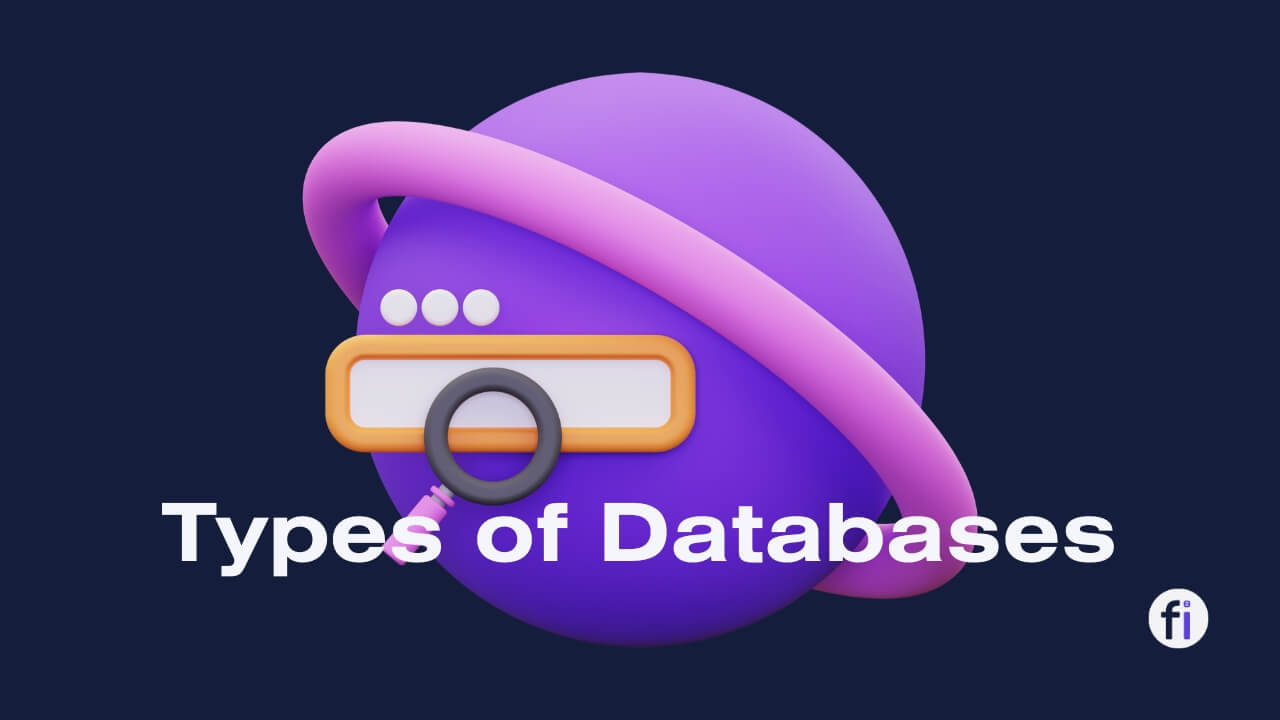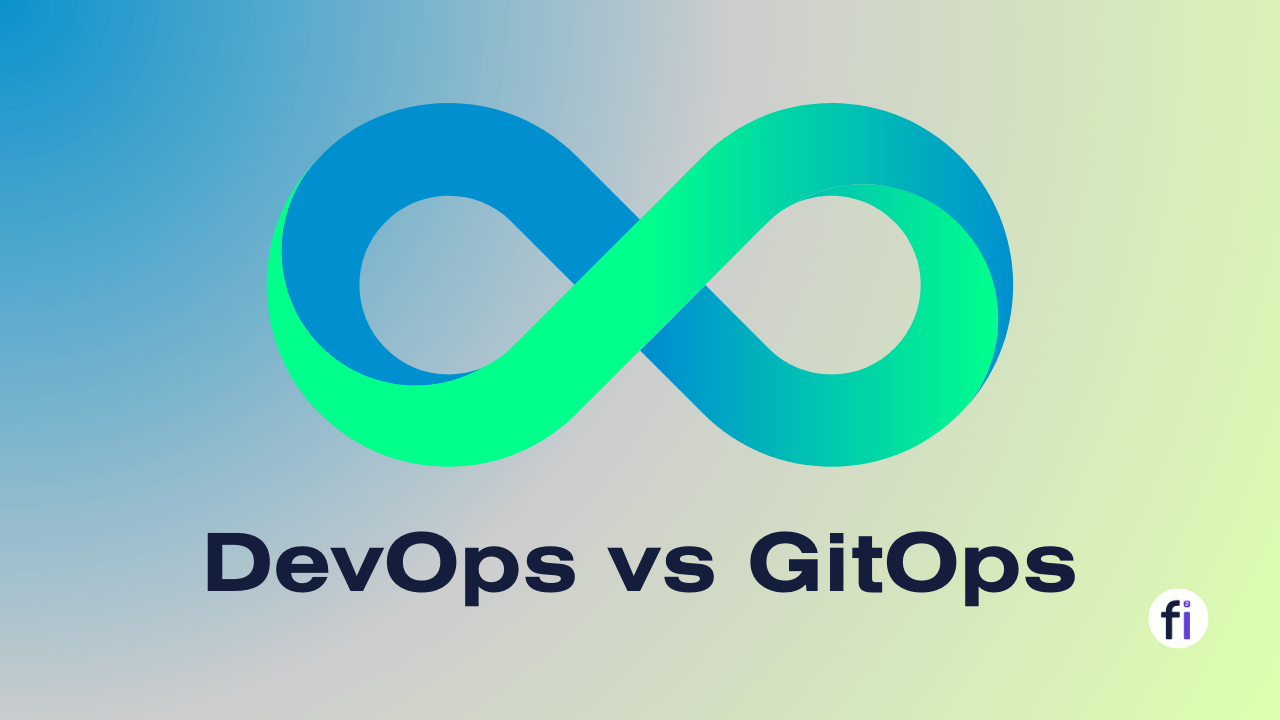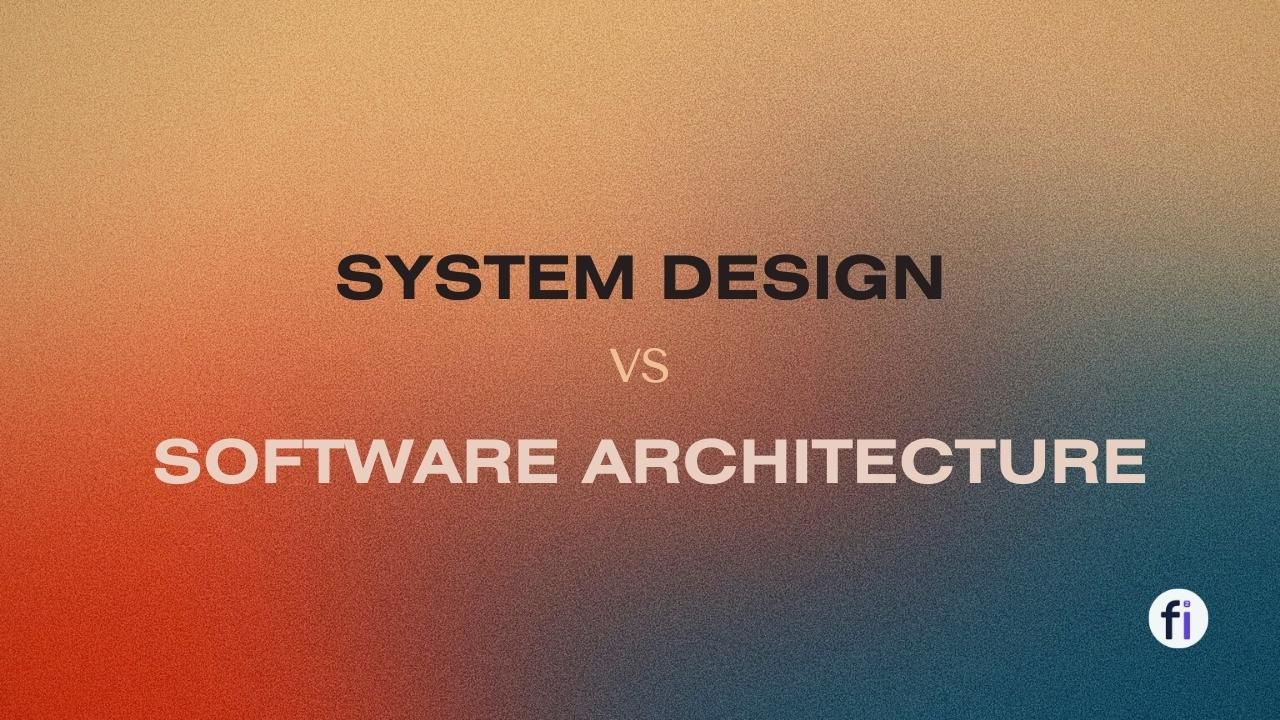
Quantum computing is an advanced technology that has the potential to transform our understanding of computing and problem-solving significantly.
The Three Stages of Computer Evolution
According to Dr. Michio Kaku, a theoretical physicist at the City University of New York, there have been three stages of computer evolution: classical computers, digital computers, and quantum computers.
Classical computers are the first generation of computers that use vacuum tubes and punch cards.


Digital computers are the second generation of computers that use transistors and microchips.

Quantum computers are the third generation of computers that use qubits to perform calculations on multiple possibilities simultaneously.

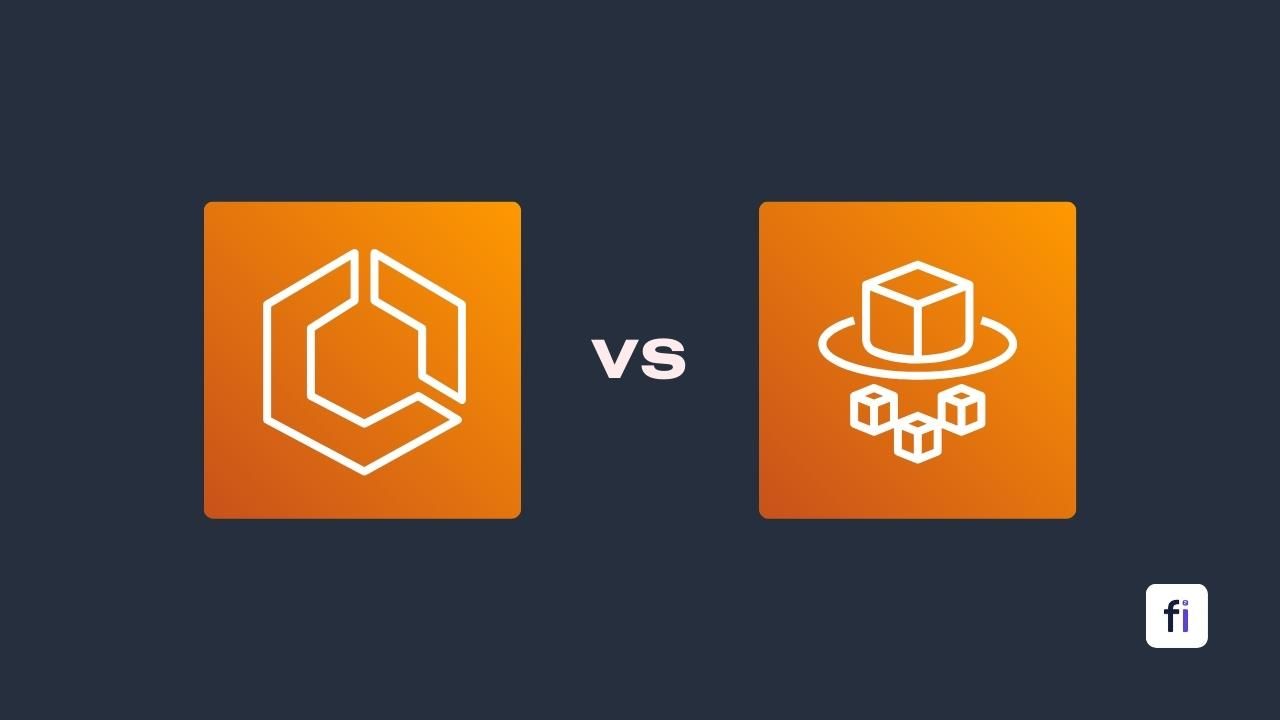
What is Quantum Computing?
Quantum computing is a new type of computing that uses quantum mechanics to process information. Unlike classical computing, which uses bits to represent information, quantum computing uses qubits. Qubits are quantum bits that can exist in multiple states at once, allowing quantum computers to perform calculations on multiple possibilities simultaneously.
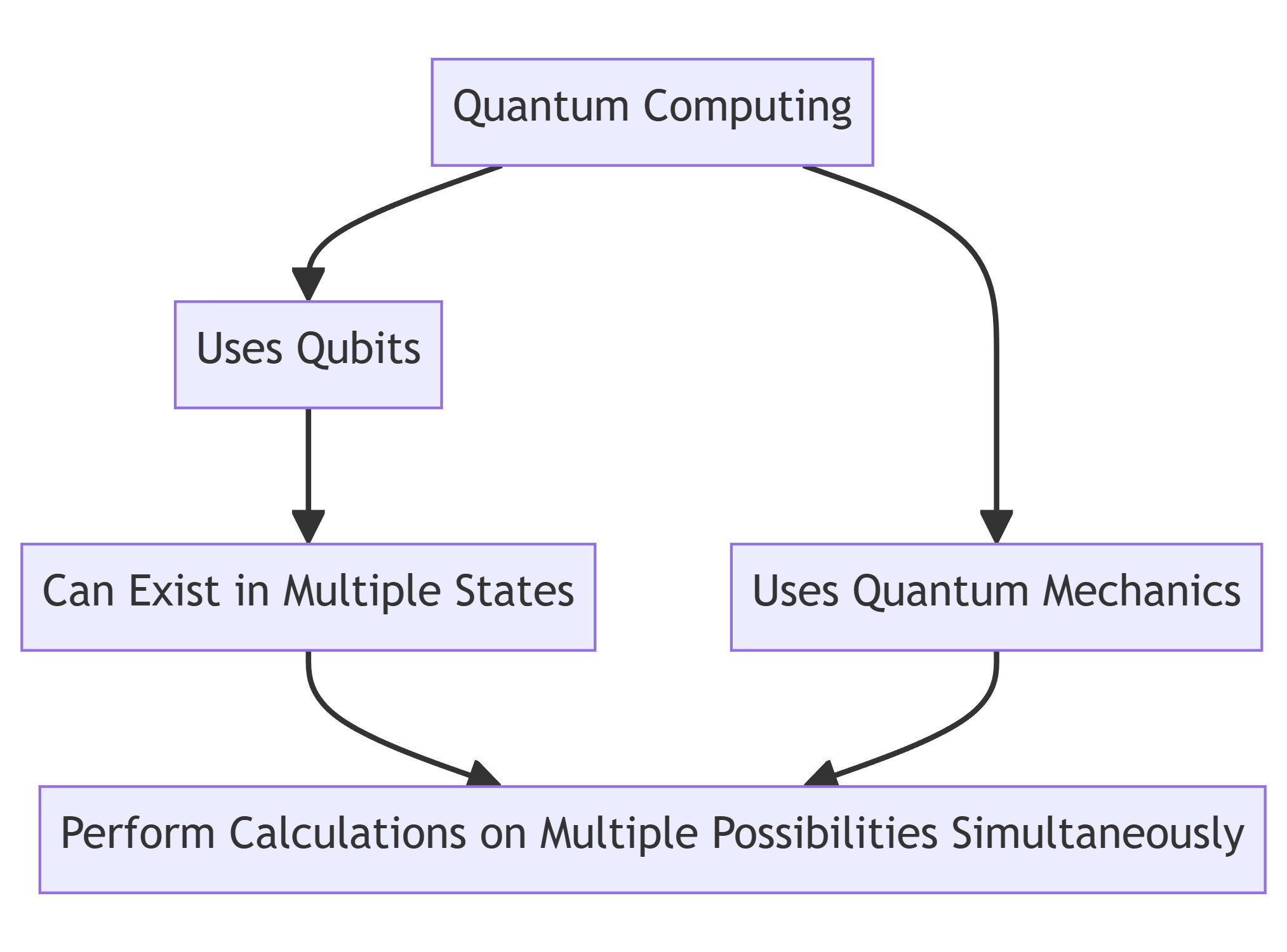
How Does Quantum Computing Work?
Quantum computing works by exploiting the properties of quantum mechanics, such as superposition and entanglement. Superposition allows qubits to exist in multiple states at once, while entanglement allows qubits to be linked together so that their states are correlated.
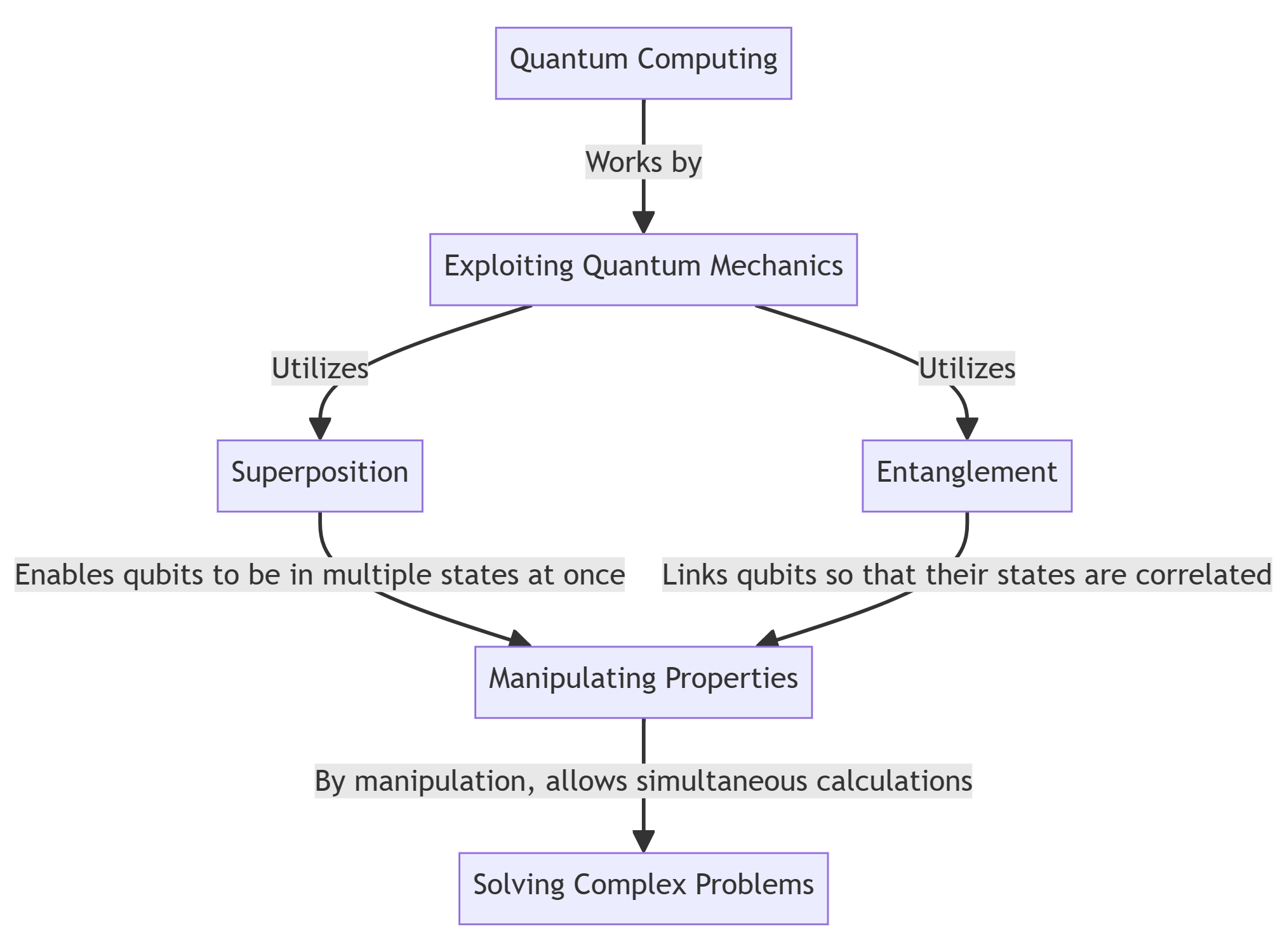
By manipulating these properties, quantum computers can perform calculations on multiple possibilities simultaneously, allowing them to solve problems that classical computers cannot.
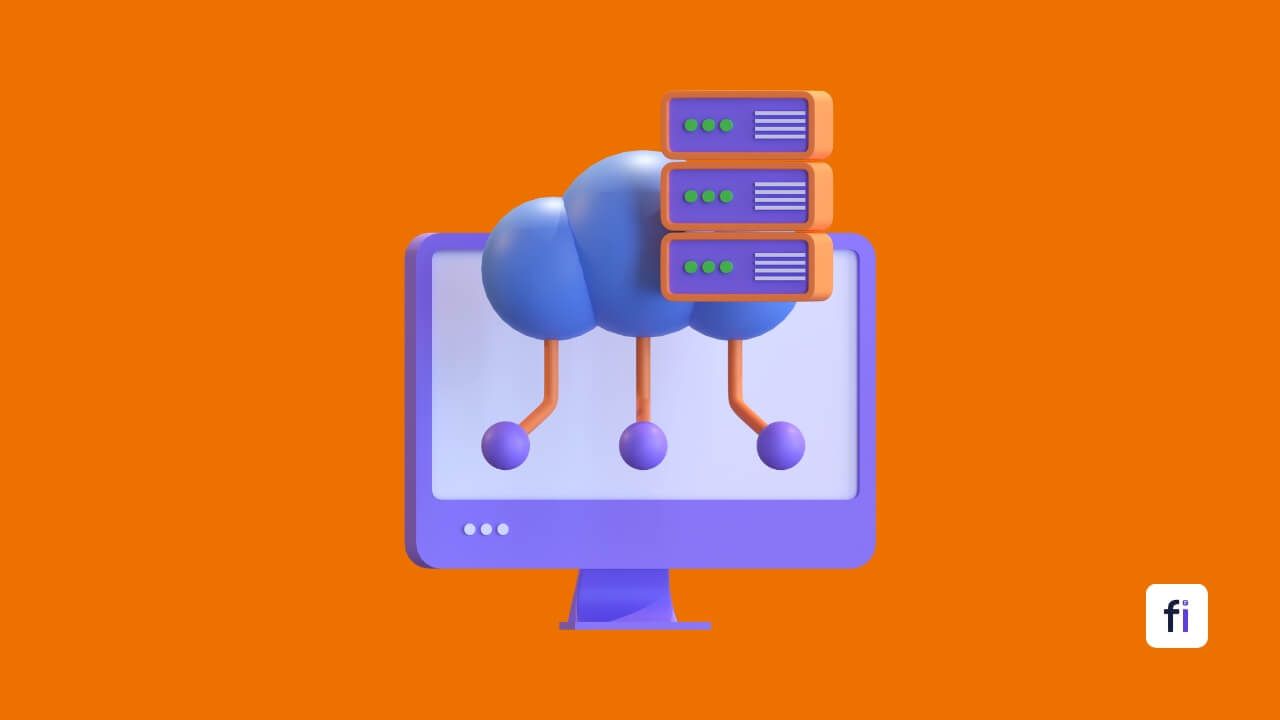
What are the Potential Applications of Quantum Computing?
Quantum computing has the potential to revolutionize many fields, including cryptography, drug discovery, and finance. One of the most significant applications of quantum computing is in cryptography. Quantum computers can crack almost any code that is based on digital technology, making them a powerful tool for intelligence agencies and national governments. Quantum computing can also be used to simulate complex chemical reactions, allowing researchers to discover new drugs and materials. In finance, quantum computing can be used to optimize portfolios and risk management strategies.
Quantum computing is also expected to have a significant impact on cybersecurity. With the ability to crack almost any code and render many of our current encryption methods useless. This has led to a race to develop new encryption methods that are resistant to quantum computing attacks.
In addition to its potential applications in cryptography and other fields, quantum computing could also help us solve some of the most complex problems in science. For example, quantum computers could be used to model diseases at the molecular level, allowing researchers to discover new treatments and cures. They could also be used to create a theory of the entire universe, including black holes, supernovas, and galactic evolution.

What are the Challenges of Quantum Computing?
Despite its potential, quantum computing still faces many challenges. One of the biggest challenges is the problem of decoherence. Decoherence occurs when qubits lose their quantum properties and become entangled with their environment, making them useless for computation. To prevent decoherence, quantum computers must be kept at near-absolute zero temperatures, which is difficult and expensive. Another challenge is the difficulty of building large-scale quantum computers. While quantum computers with a few qubits have been built, building a quantum computer with thousands or millions of qubits is still a long way off.

Conclusion
Quantum computing works by exploiting the properties of quantum mechanics, such as superposition and entanglement, to perform calculations on multiple possibilities simultaneously. While there are still many challenges to overcome, the potential applications of quantum computing are vast and exciting. As we continue to develop this technology, we can expect to see quantum computing play an increasingly important role in fields such as cryptography, drug discovery, and finance.
